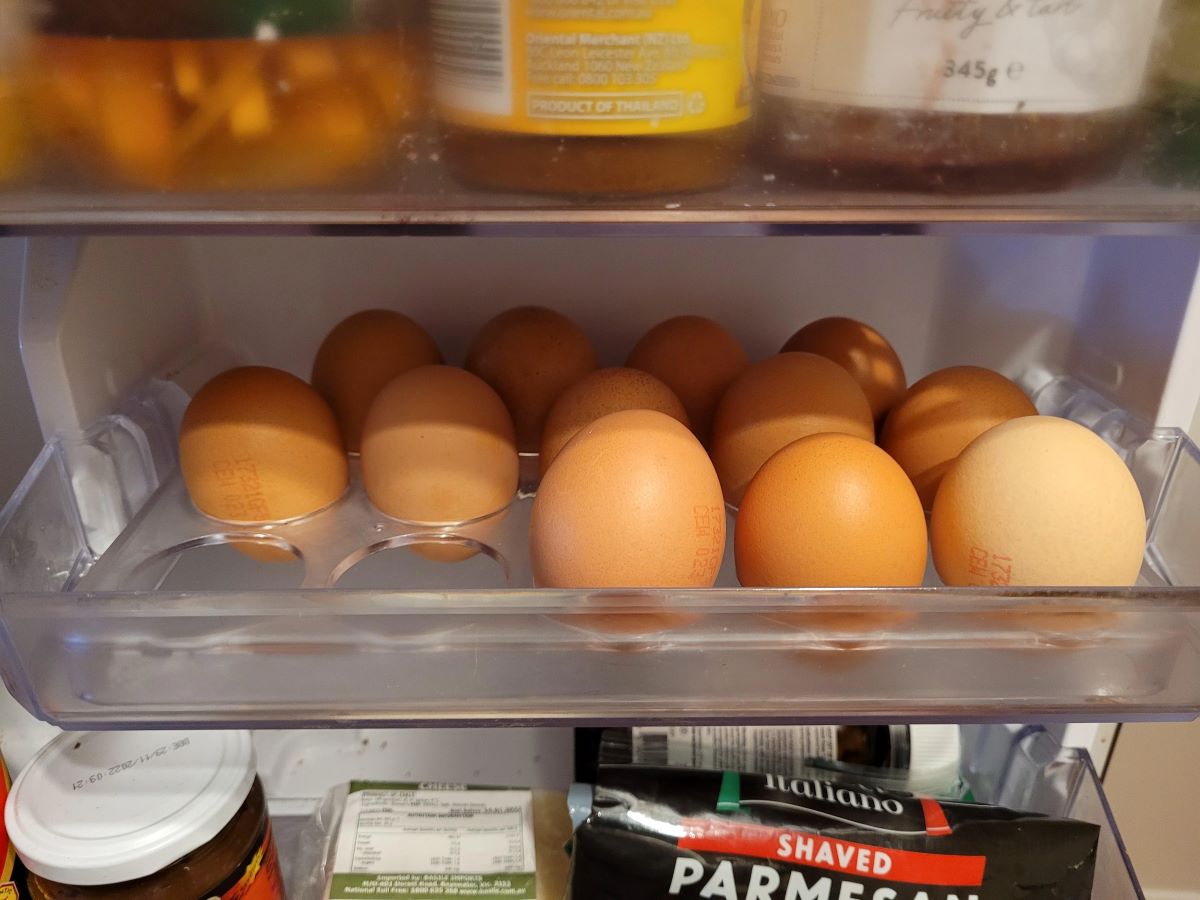

Articles
How To Store Eggs In Fridge Without Carton
Modified: October 22, 2024
Discover the best way to store eggs in the fridge without a carton. Read our informative articles and keep your eggs fresh and safe.
(Many of the links in this article redirect to a specific reviewed product. Your purchase of these products through affiliate links helps to generate commission for Storables.com, at no extra cost. Learn more)
Introduction
Eggs are a staple in many households, and proper storage is essential to maintain their freshness and quality. While most people store eggs in the refrigerator using the original carton, there may be instances where a carton is not available or preferred. In this article, we will explore how to store eggs in the fridge without a carton and discuss alternative storage options that will keep your eggs safe and fresh.
Why store eggs without a carton?
There are a few reasons why someone may choose to store eggs without a carton. Perhaps you accidentally discarded the carton or purchased eggs in bulk without packaging. Alternatively, you might prefer a different method of storing eggs to maximize space or minimize clutter in your refrigerator.
Regardless of the reason, it’s important to handle eggs with care to prevent breakage and reduce the risk of contamination. By following the right techniques and using appropriate storage methods, you can ensure that your eggs stay fresh for a longer period.
Preparing the eggs for storage
Before storing eggs without a carton, it’s crucial to examine each egg for any cracks or damage. Cracked eggs should not be stored, as they can contaminate other eggs and pose a food safety risk. If you come across a cracked egg, it’s best to discard it immediately.
To clean the eggs and remove any dirt or debris, you can gently wipe them with a clean cloth or rinse them under cold water. Avoid using any detergents or soaps, as they can remove the protective layer on the eggshell and make it more susceptible to bacteria.
It is worth noting that eggs naturally have a protective coating called the cuticle, which helps to seal the shell and prevent bacteria from entering. Therefore, it is generally recommended not to wash eggs unless absolutely necessary.
Alternative storage options
If you don’t have a carton for storing eggs, there are several alternative options you can consider. These alternatives will help keep your eggs organized, prevent breakage, and maintain their freshness.
Using an egg holder or tray
Key Takeaways:
- Get creative with egg storage! Whether using an egg holder, covered container, or DIY solution, alternative methods offer flexibility, organization, and efficient use of space. Prioritize proper egg preparation and handling for optimal freshness.
- Maximize egg freshness and accessibility. Utilize designated egg storage containers, rotate eggs for optimal use, and maintain consistent refrigerator temperatures. Avoid washing eggs unless necessary and keep storage areas clean to ensure quality and safety.
Read more: How To Store Eggs Without Carton
Why store eggs without a carton?
You might be wondering why someone would choose to store eggs without a carton when it’s the most common and convenient method. There are a few reasons why you might consider alternative storage options for your eggs.
One reason is bulk purchasing. Many people opt to buy eggs in bulk to save money and reduce packaging waste. When buying in bulk, the cartons can take up a significant amount of space in the refrigerator. Storing eggs without the carton allows for better utilization of space, leaving room for other essential items.
Another reason for storing eggs without a carton is when you accidentally discard or damage the original carton. It can be frustrating to realize that you threw it away or damaged it, but fear not, there are alternative storage methods you can use.
Furthermore, you may prefer to have a specific storage system for your eggs. While cartons are designed to hold eggs, they may not provide the level of organization or protection you desire. By using alternative storage options, you have more control over the arrangement and safeguarding of your eggs.
Additionally, storing eggs without a carton allows for easier access and identification. With a carton, it can be challenging to quickly see how many eggs are left or to locate a specific egg without having to open the carton and rummage through. Without a carton, you can easily see and access the eggs, making it more convenient for meal preparations.
Lastly, some people prefer aesthetic reasons for not using a carton. If you have a unique or visually appealing egg storage container or want to display your eggs in a decorative way, storing eggs without a carton can be an opportunity for creativity and personalization in your kitchen.
While storing eggs without a carton is not the conventional method, it offers flexibility, customization, and efficient use of space. By exploring alternative storage options, you can discover new ways to keep your eggs safe, organized, and readily available for your culinary endeavors.
Preparing the eggs for storage
When storing eggs without a carton, it’s essential to properly prepare them to ensure their longevity and safety. Here are some steps you can follow to prepare the eggs for storage:
1. Inspect for cracks: Before storing eggs, carefully examine each egg for any cracks or damage. A cracked egg can lead to bacterial contamination and spoilage. If you come across a cracked egg, discard it immediately to prevent any potential health risks.
2. Clean if necessary: If your eggs have any dirt or debris on the surface, you can gently clean them. Use a soft cloth or paper towel to wipe away any dirt, or you can rinse them under cold water if needed. Avoid using any detergents or soaps as they can remove the natural protective coating on the eggshell.
3. Allow eggs to dry: After cleaning, allow the eggs to air dry completely before storing them. Placing wet or damp eggs in storage can create a breeding ground for bacteria and accelerate spoilage. Ideally, let the eggs air dry for about 10-15 minutes before proceeding.
4. Mark the date: To keep track of the freshness of your eggs, it’s a good practice to mark the storage date on each egg. You can use a food-safe marker or a pencil to write the date on the shell. This helps prevent any confusion about the age of the stored eggs and allows you to use the oldest ones first.
5. Consider room temperature: Although the focus of this article is on storing eggs in the fridge, if you decide to store eggs at room temperature, remember to keep them in a cool, dry place away from direct sunlight and any strong odors. However, it’s generally recommended to store eggs in the refrigerator to ensure their safety and prolong their shelf life.
By following these steps, you can ensure that your eggs are in optimal condition for storage. Remember to handle the eggs gently to avoid breakage, and always prioritize food safety by discarding any damaged or questionable eggs. With proper preparation, your eggs will stay fresh and delicious for an extended period without the need for a carton.
Alternative storage options
If you find yourself without a carton for storing your eggs, there are several alternative options available that can keep your eggs safe, organized, and fresh. Let’s explore some of these alternative storage methods:
1. Using an egg holder or tray: One simple and effective option is to use an egg holder or tray specifically designed for storing eggs. These holders typically have individual slots to securely hold each egg, preventing them from rolling around and potentially breaking. You can find various types of egg holders in different materials such as plastic, silicone, or even ceramic, which can add a touch of style to your kitchen.
2. Storing eggs in a covered container: Another option is to place your eggs in a covered container, such as a plastic or glass food storage container with a lid. Arrange the eggs in a single layer, making sure they are not overcrowded, to prevent them from cracking. The covered container provides protection from moisture and odors in the fridge, ensuring the eggs remain fresh.
3. Using a designated egg storage container: If you’re looking for a compact and specialized solution, consider investing in a dedicated egg storage container. These containers are designed to hold eggs securely and often come with a built-in lid. They can be stackable, allowing you to save space in your refrigerator. Some containers even have compartments or dividers to separate and protect each egg individually.
4. DIY egg carton alternatives: In case you are feeling creative or don’t want to invest in specialized storage, you can create your own DIY egg carton alternatives. For example, you can use an empty egg carton from your previous purchase and carefully cut out the individual cups to use as separate holders. You can also repurpose empty, clean yogurt or deli containers by adding some padding, like a cloth napkin or paper towels, to create individual sections for each egg.
Remember, regardless of the alternative storage option you choose, it’s important to handle the eggs gently to prevent breakage. Store them in the main part of the refrigerator rather than the refrigerator door, as the door tends to experience more temperature fluctuations. This will help maintain optimal storage conditions for your eggs.
By utilizing these alternative storage options, you can ensure that your eggs are well-protected, easily accessible, and organized in your fridge or pantry. Get creative with your choices and find a method that suits your needs and preferences while keeping your eggs fresh and delicious.
Using an egg holder or tray
One of the simplest and most common ways to store eggs without a carton is by using an egg holder or tray. Egg holders and trays are designed specifically for keeping eggs secure and preventing them from rolling around and potentially breaking. Here’s how you can effectively use an egg holder or tray for egg storage:
1. Choose the right egg holder: Egg holders or trays come in various shapes, sizes, and materials. Plastic, silicone, and ceramic are common options. Consider the number of eggs you typically store and the available space in your refrigerator when deciding on a suitable holder.
2. Arrange the eggs: Place each egg in its designated slot or compartment in the egg holder or tray. Ensure that you handle the eggs gently to avoid any cracks or damage. If an egg is cracked or damaged, discard it immediately to prevent contamination of other eggs.
3. Avoid overcrowding: It’s important not to overcrowd the eggs in the holder. Make sure there is enough space between each egg to prevent them from bumping into each other and potentially cracking. Overcrowding can also restrict airflow, making it more difficult for the eggs to retain their freshness.
4. Store in the refrigerator: Once the eggs are placed in the holder or tray, store it in the refrigerator in an area where it won’t be jostled or knocked over. Ideally, position the holder or tray on a shelf rather than the refrigerator door, as the door tends to experience more temperature fluctuations.
5. Keep track of freshness: To maintain freshness, it’s helpful to mark the storage date on each egg using a food-safe marker or a pencil. By doing so, you can easily keep track of how long the eggs have been stored and use the oldest ones first.
Using an egg holder or tray offers several benefits beyond just providing a secure place for your eggs. It helps prevent breakage, keeps the eggs organized, and makes it easier to locate and grab an egg when needed.
Additionally, using an egg holder or tray can maximize space efficiency in your refrigerator. The slots or compartments allow you to stack the eggs vertically, utilizing the vertical space effectively while still keeping them within easy reach.
Using an egg holder or tray is a convenient and practical method for storing eggs without a carton. With this option, you can ensure that your eggs remain fresh, intact, and easily accessible whenever you need them for cooking or baking.
Store eggs in the fridge without the carton by placing them in a covered container to prevent absorption of strong odors and to maintain freshness. Be sure to keep the eggs in the main body of the fridge, not in the door where temperatures fluctuate.
Read more: How To Store Eggs Without A Carton
Storing eggs in a covered container
If you don’t have a carton to store your eggs, another effective option is to use a covered container. Placing your eggs in a covered container helps protect them from moisture, odors, and potential damage. Here’s how you can store your eggs in a covered container:
1. Select a suitable container: Choose a container that is spacious enough to hold the desired number of eggs without overcrowding. You can use plastic or glass food storage containers with a secure lid. Ensure that the container is clean and free of any strong odors that could be absorbed by the eggs.
2. Arrange the eggs: Place the eggs in the container, making sure they are arranged in a single layer. Avoid stacking the eggs on top of one another, as this can increase the risk of breakage. If you need to store multiple layers of eggs, consider placing a layer of soft padding, such as a cloth napkin or paper towels, between each layer for added protection.
3. Cover the container: Seal the container tightly with its lid, ensuring a secure fit. This helps create a protective barrier for the eggs, preventing any external moisture, odors, or potential contaminants from affecting their quality or taste.
4. Store in the refrigerator: Once the container is securely covered, place it in the main section of the refrigerator where the temperature is more consistent. Avoid storing it in the refrigerator door, as the constant opening and closing of the door can cause temperature fluctuations.
5. Rotate and use older eggs first: To ensure freshness, it’s a good practice to rotate the eggs and use the older ones first. You can achieve this by placing newly purchased eggs towards the back of the container and shifting the older ones to the front. By doing this, you’ll minimize the chance of any eggs going past their recommended use-by date.
Storing eggs in a covered container offers several advantages. It keeps the eggs protected from moisture, which can compromise their quality, and prevents any strong odors from permeating the shells. Additionally, a covered container helps to maintain a uniform temperature around the eggs, contributing to their overall freshness.
Remember to handle the eggs with care when placing them in the container to avoid breakage. If you notice any cracked or damaged eggs, discard them immediately to prevent cross-contamination.
By utilizing a covered container for egg storage, you can extend the shelf life of your eggs and ensure they stay fresh and ready for use in your favorite recipes.
Using a designated egg storage container
If you’re looking for a more specialized and compact solution for storing eggs without a carton, a designated egg storage container can be an excellent option. These containers are specifically designed to hold eggs securely and provide added protection. Here’s how you can effectively use a designated egg storage container:
1. Choose the right container: There are various types of egg storage containers available, ranging from plastic to ceramic and even metal. Select a container that suits your needs and preferences. Consider factors such as capacity, durability, and design.
2. Place the eggs in the container: Gently place each egg into its individual slot or compartment in the container. Ensure that you handle the eggs with care to avoid any breakage or damage. If you encounter any cracked or damaged eggs, it’s crucial to discard them immediately to prevent contamination.
3. Close the container: Once all the eggs are in place, securely close the container. Depending on the design, the container may have a hinged lid, snap-on cover, or a locking mechanism to keep the eggs well-protected. Verify that the lid is properly sealed to maintain an ideal environment for the eggs.
4. Store in the refrigerator: Place the designated egg storage container in the refrigerator, preferably on a middle shelf where the temperature is more consistent. This helps to maintain the freshness and quality of the eggs. Avoid storing the container on the refrigerator door, as the temperature on the door can fluctuate due to frequent opening and closing.
5. Easy access and rotation: One advantage of using a designated egg storage container is the ease of access and rotation. The individual compartments provide a clear view of the eggs, making it simple to identify which ones need to be used first. By rotating the eggs, you ensure that you consume the older ones first and reduce the risk of spoilage.
A designated egg storage container not only keeps your eggs secure and protected, but it also helps with organization and saves space in your refrigerator. Some containers are designed to be stackable, allowing you to maximize storage efficiency and avoid clutter.
Remember to handle the eggs gently when placing them in the designated container to prevent breakage. Regularly check the container for any signs of damage or wear and clean it thoroughly as needed.
By using a designated egg storage container, you can conveniently store your eggs without a carton, while keeping them fresh and easily accessible. This specialized storage solution ensures that your eggs stay protected and in optimal condition for longer periods.
Tips for storing eggs without a carton
Storing eggs without a carton may require some adjustments to ensure their freshness and longevity. Here are some helpful tips to consider when storing eggs without a carton:
1. Choose a suitable storage method: Explore alternative storage options such as using an egg holder or tray, a covered container, or a designated egg storage container. Assess your needs and preferences to find the best storage solution for your eggs.
2. Inspect the eggs: Before storing the eggs, carefully examine each one for cracks or damage. Cracked eggs should not be stored, as they can lead to spoilage and contamination. Remove any damaged eggs from the mix to maintain freshness.
3. Avoid excessive handling: Handle the eggs with care to prevent breakage. Dropping or mishandling eggs can lead to cracks, which can compromise their quality and safety. Always pick up and place the eggs gently, ensuring they don’t collide with each other or hard surfaces.
4. Maintain a consistent temperature: Eggs are best stored at a consistent temperature, typically between 35°F and 40°F (1.6°C and 4.4°C). Keep your refrigerator at an appropriate temperature and avoid exposing the eggs to extreme heat or cold fluctuations.
5. Use the refrigerator’s main compartment: Place the eggs in the main compartment of the refrigerator rather than the door. The main compartment experiences fewer temperature fluctuations, ensuring a more stable environment for the eggs.
6. Rotate the eggs: To ensure you use the oldest eggs first, consider rotating them regularly. When adding fresh eggs to your storage method, place them in the back and move the older ones to the front. This way, you’ll minimize the chances of any eggs going beyond their recommended use-by date.
7. Don’t wash the eggs unless necessary: Eggs come with a natural protective cuticle that helps to seal the shell and prevent bacteria from entering. Unless there is visible dirt or debris, washing eggs can strip away the cuticle, making them more susceptible to contamination. Only wash them right before use, if needed.
8. Label the storage date: It’s helpful to mark the storage date on each egg with a food-safe marker or pencil. This allows you to keep track of how long the eggs have been stored and use the oldest ones first.
9. Store separately from strong-smelling foods: Eggs can absorb odors from strong-smelling foods in the refrigerator. To prevent any unwanted flavor transfer, store eggs away from foods that emit strong odors, such as onions or garlic.
10. Keep the storage area clean: Regularly clean and sanitize the storage method you choose for storing eggs without a carton. This will help maintain a hygienic environment and ensure the eggs remain fresh and safe to consume.
By following these tips, you can effectively store eggs without a carton while maintaining their freshness and quality. Proper handling, storage conditions, and rotation will help you make the most out of your egg storage experience.
Conclusion
Storing eggs without a carton is a viable option when the traditional carton is not available or preferred. By utilizing alternative storage methods, you can maintain the freshness, safety, and organization of your eggs in the refrigerator. Whether you choose to use an egg holder or tray, a covered container, or a designated egg storage container, there are options to suit your needs and preferences.
Proper egg preparation, including inspecting for cracks and cleaning when necessary, is crucial before storing them. Taking the time to arrange the eggs carefully and avoid overcrowding helps prevent breakage and maintain their quality. Remember to handle the eggs gently throughout the process.
Consider factors such as temperature consistency and rotation when storing eggs without a carton. Keeping the eggs at a stable temperature in the refrigerator’s main compartment, rotating them regularly, and using the oldest eggs first will ensure freshness and minimize waste.
While it’s generally recommended not to wash eggs unless necessary, marking the storage date on each egg allows for better inventory management and ensures you consume them within the recommended timeframe.
By following these guidelines and tips, you can successfully store eggs without a carton while maintaining their freshness and safety. Whether you’re bulk buying, have accidentally discarded the carton, or prefer a different storage method for aesthetic or organizational reasons, these alternative options provide practical solutions for your egg storage needs.
Remember, proper storage practices are essential for maintaining the quality and safety of your eggs. Always discard any cracked or damaged eggs, and keep your storage area clean and free from any strong-smelling foods that could affect the eggs’ flavor.
With these tips and techniques, you can confidently store your eggs without a carton and enjoy the convenience of alternative storage methods. So go ahead, get creative, and find the solution that works best for you to keep your eggs fresh, accessible, and ready for your next delicious culinary creation.
Keen on keeping those eggs fresh even longer? Dive deeper into our recommended solutions by checking out our latest guide on optimal egg storage solutions for your home. And while you're organizing those eggs, why not give your entire fridge a makeover? Our comprehensive tips on refrigerator organization can help streamline your kitchen setup, making meal prep easier and more efficient.
Frequently Asked Questions about How To Store Eggs In Fridge Without Carton
Was this page helpful?
At Storables.com, we guarantee accurate and reliable information. Our content, validated by Expert Board Contributors, is crafted following stringent Editorial Policies. We're committed to providing you with well-researched, expert-backed insights for all your informational needs.


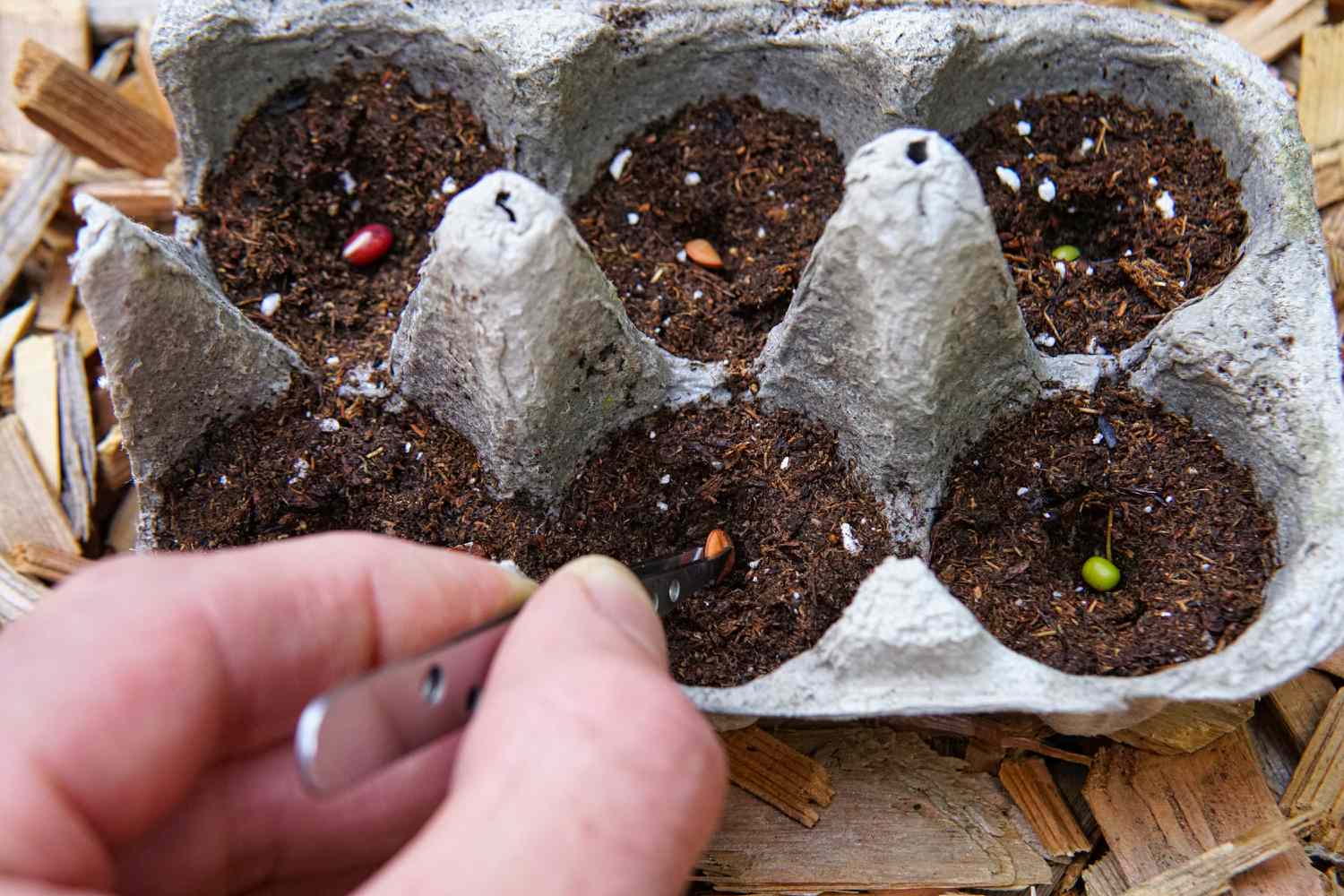



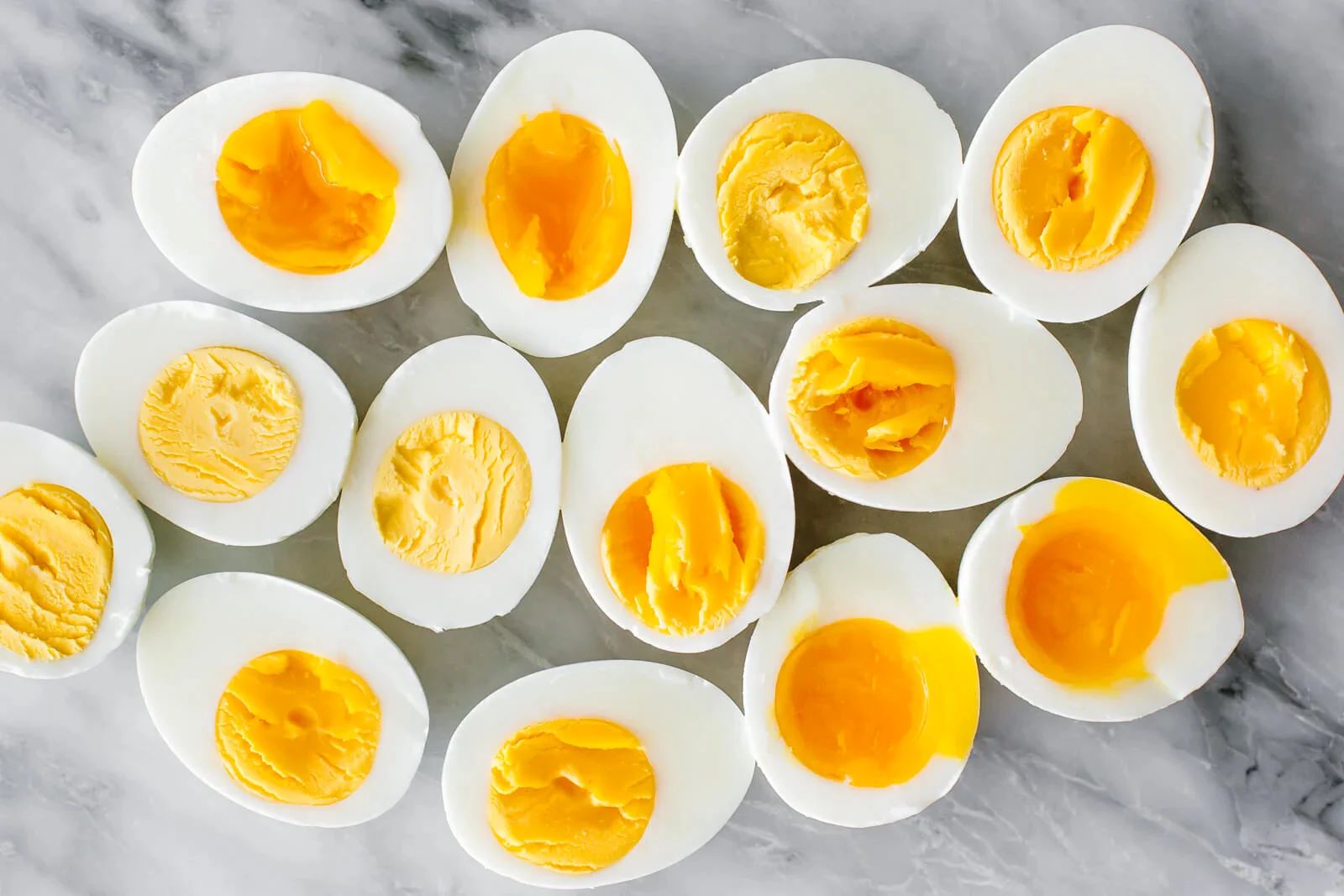
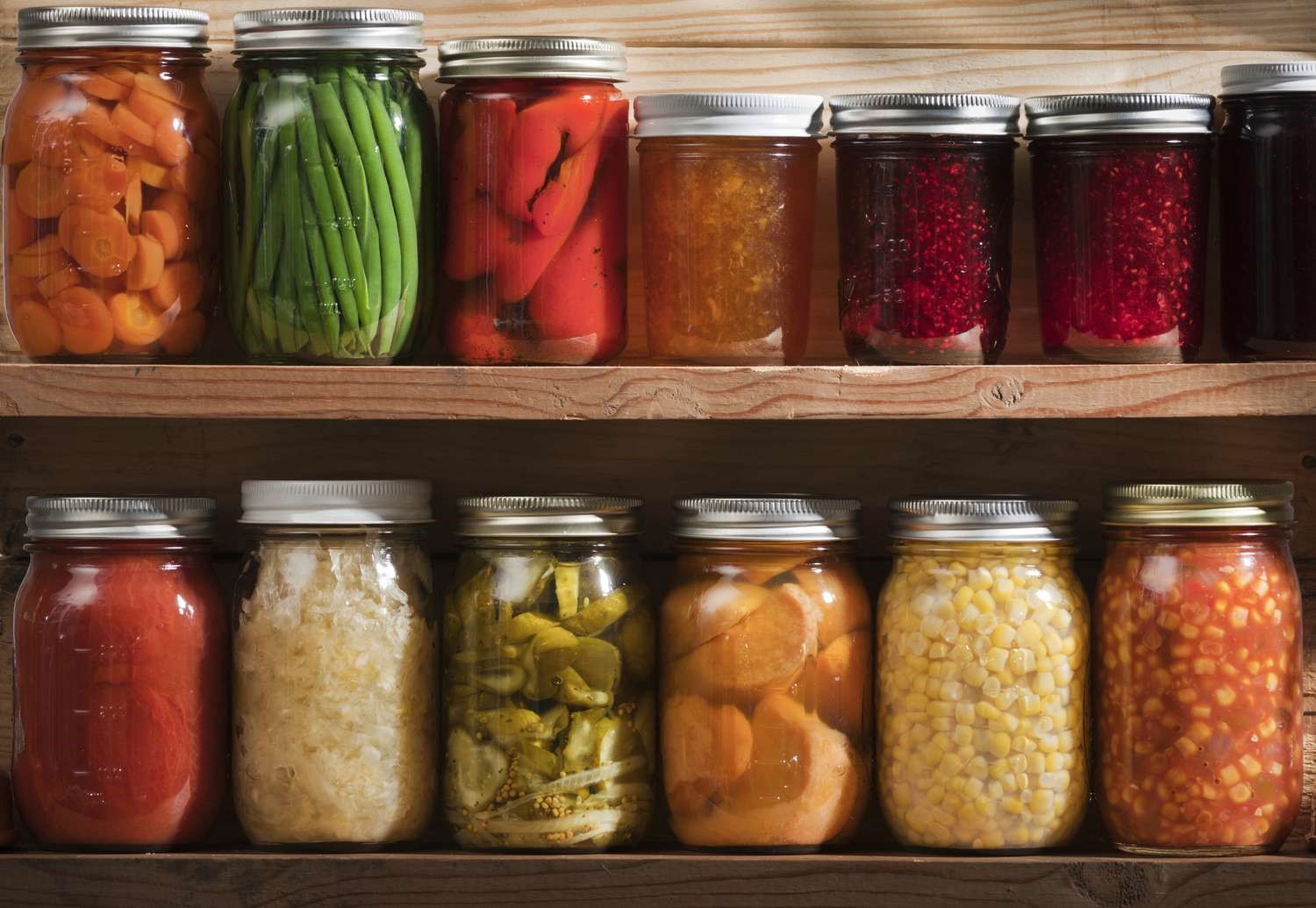



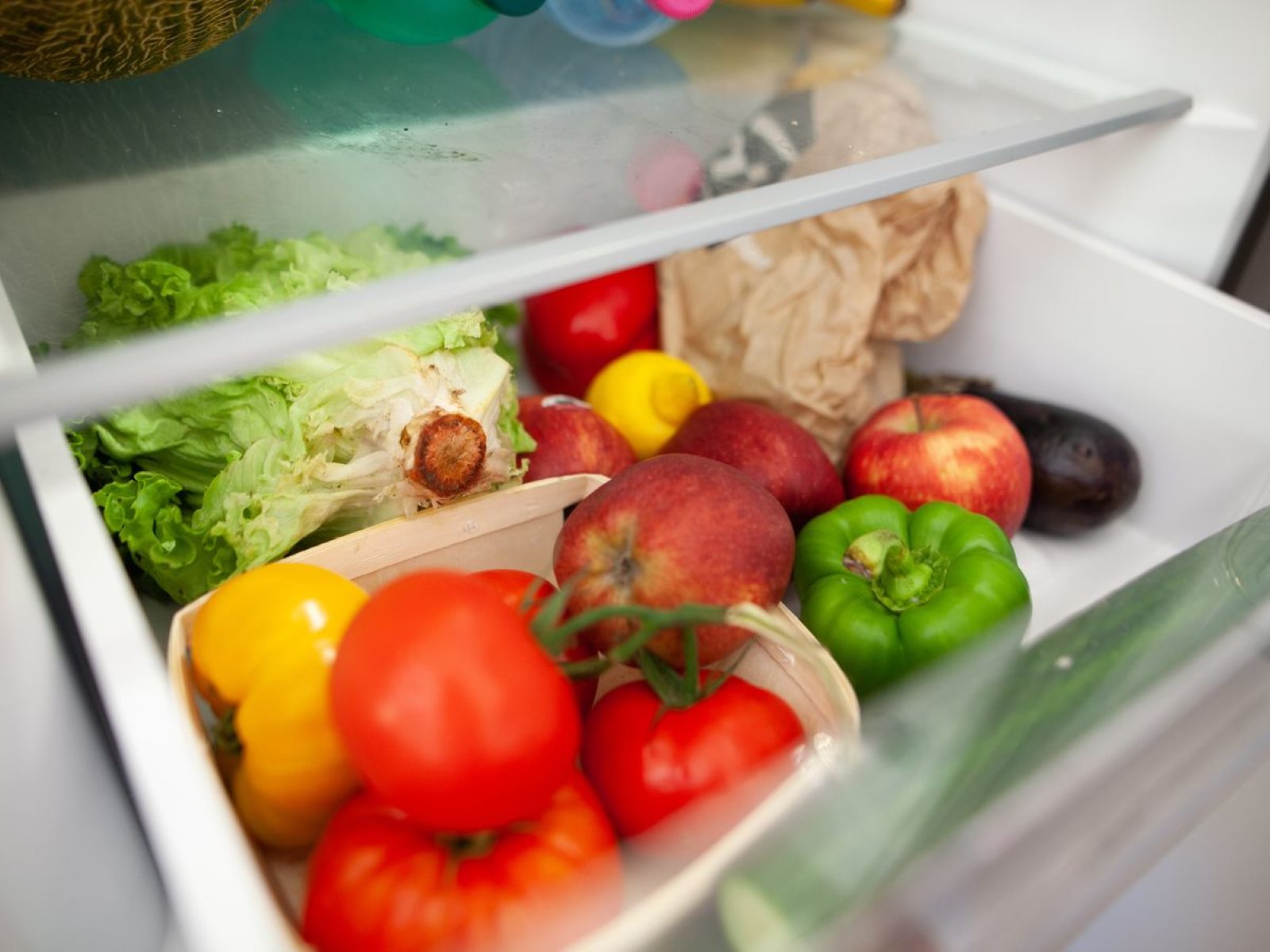



0 thoughts on “How To Store Eggs In Fridge Without Carton”